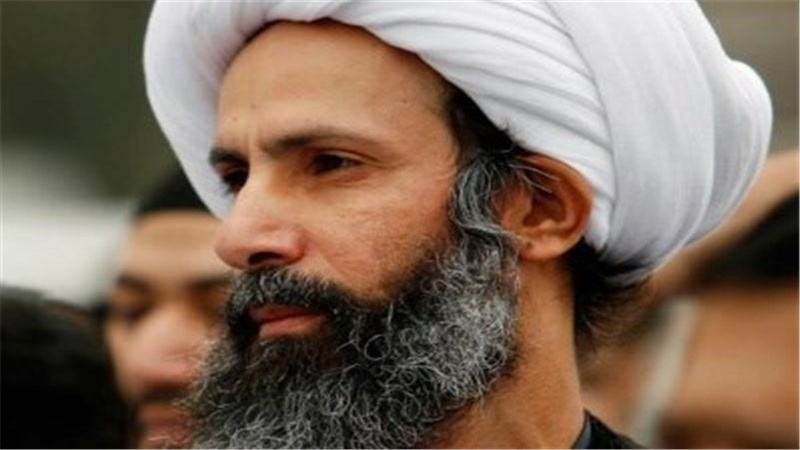The Government of Saudi Arabia has largely excluded the Eastern Province from the high economic development of other areas in the kingdom, despite the area holding the majority of the country’s oil wealth. The Eastern Province is also primarily home to the kingdom’s minority Shia population who continue to face systemic discrimination. The government routinely denies them the same religious and cultural spaces allowed for the Kingdom’s majority population. Further, the government actively discriminates against them in education, justice, and employment.
A prominent social and political activist in the Eastern Province, Sheikh Nimr Baqir al-Nimr had great popular support and many individuals in the community looked to him for guidance. For decades, Sheikh Nimr publically voiced the concerns of the community and called on the government to institute reforms and to guarantee all individuals their basic human rights. Sheikh Nimr was a community leader who was not fearful of speaking truth to power.
Following a severely flawed trial with rampant due process violations, the Saudi government beheaded Sheikh Nimr on 2 January 2016. The arrest, detention, trial, and execution of Sheikh Nimr, illustrates the deeply biased Saudi criminal justice system. It also represents how the Saudi government uses this system to target of civil society and community leaders that it perceives as a rival authority. Sheikh Nimr played a leading role in the Eastern Province and carried great respect with the local citizens. He was a man of peace as he advocated for nonviolent civil disobedience of discriminatory government policy that led to the marginalization of the Kingdom’s Shia community.
Sheikh Nimr would have been a positive force in Saudi Arabia had he not been killed by the Saudi government. Saudi citizens in the Eastern Province face repeated government discrimination and have no outlet to express their grievances. Sheikh Nimr’s vocal activism provided the channel to vent the community’s frustration at the lack of reform and continued violations of human rights. He held a prominent role in the Eastern Province and could have served as a mediator to relay the community’s grievances to the Saudi government. Instead, the Saudi government chose to silence a peaceful activist, and further constrain what little civil society spaces remained in the kingdom’s beleaguered Eastern Province.
Mobashra Tazamal is an Advocacy Fellow at ADHRB





